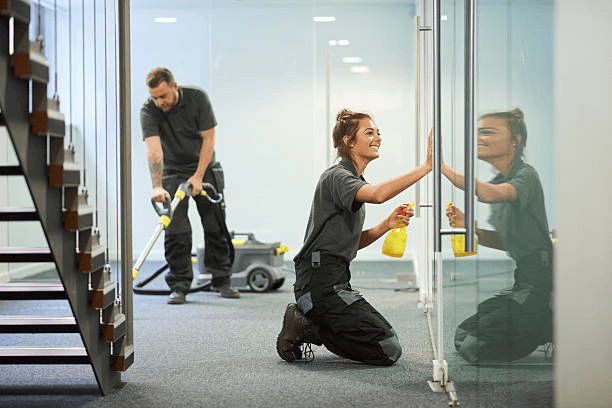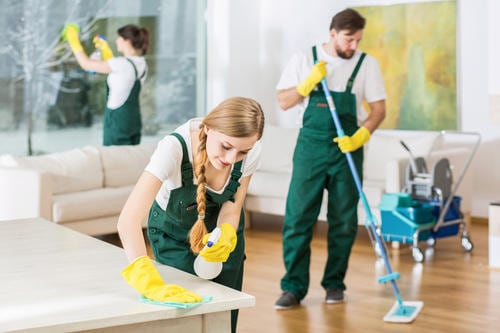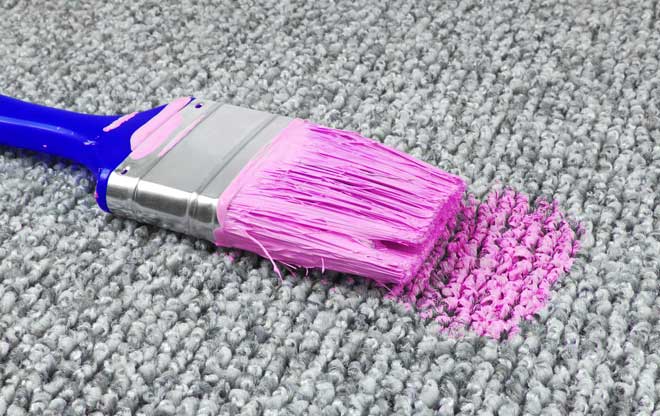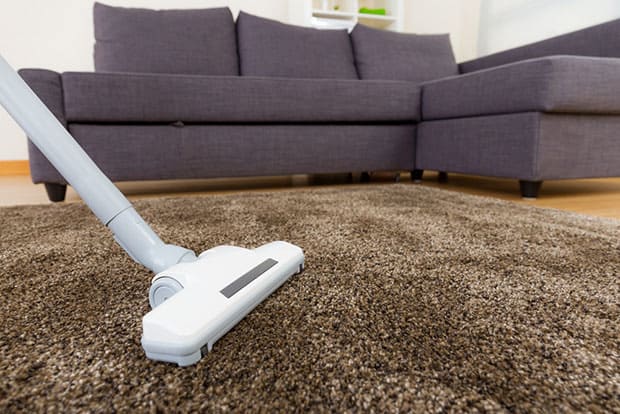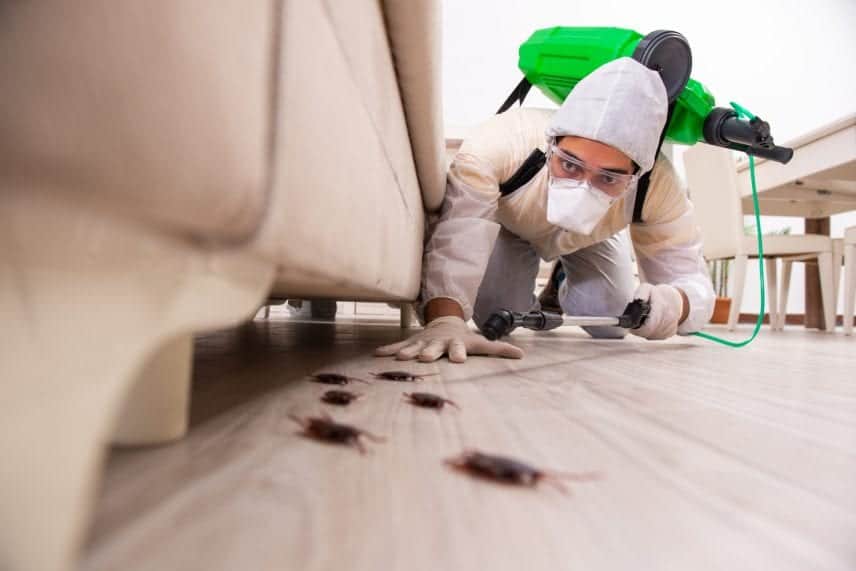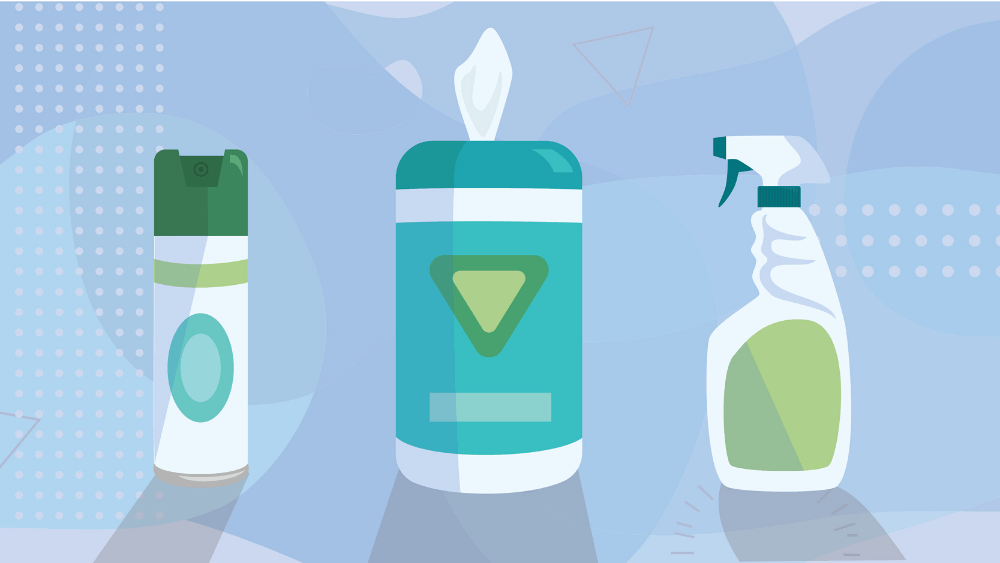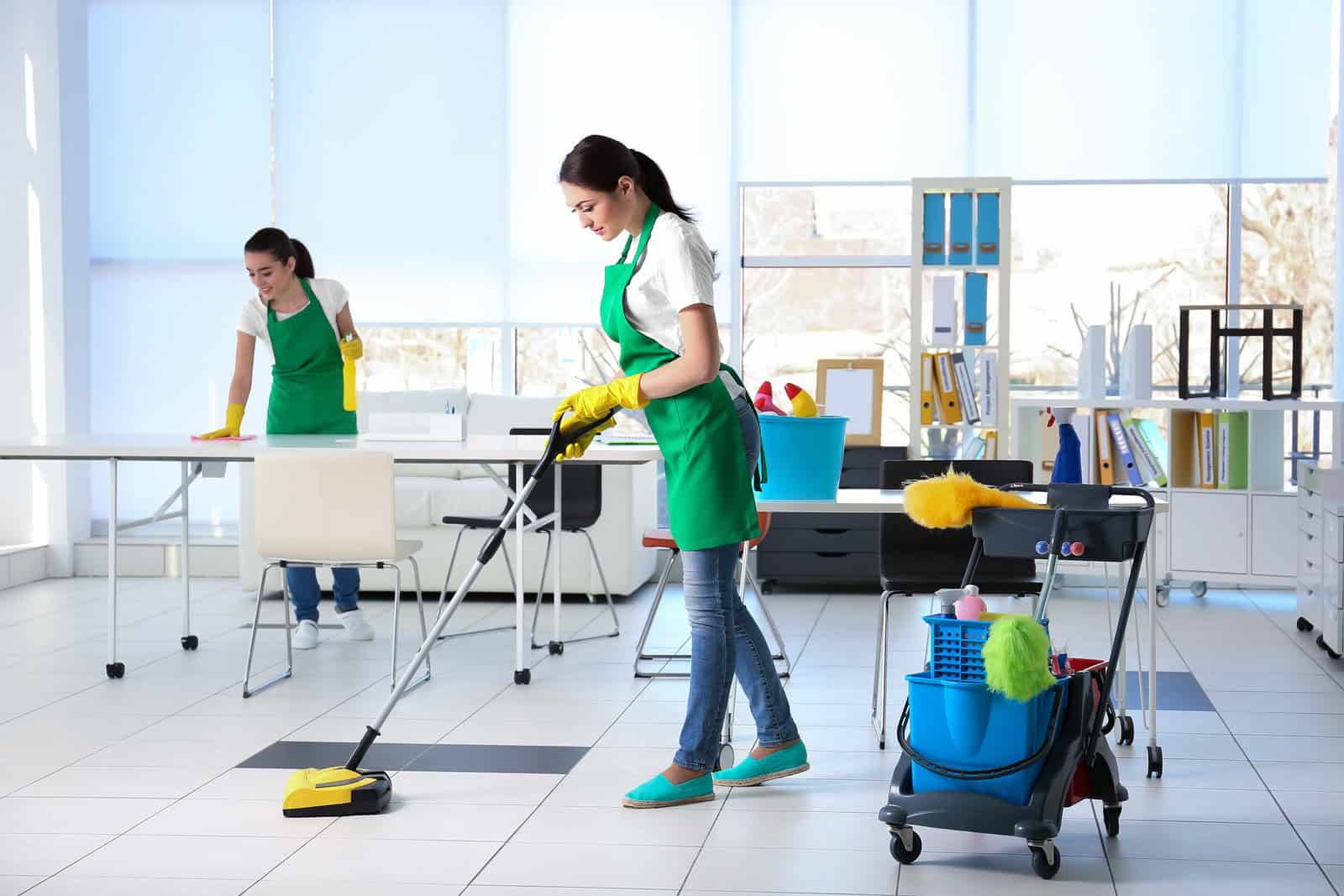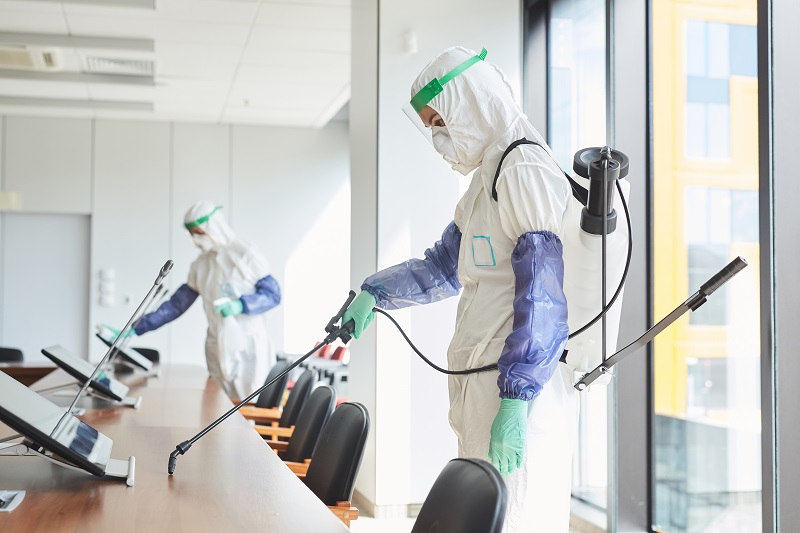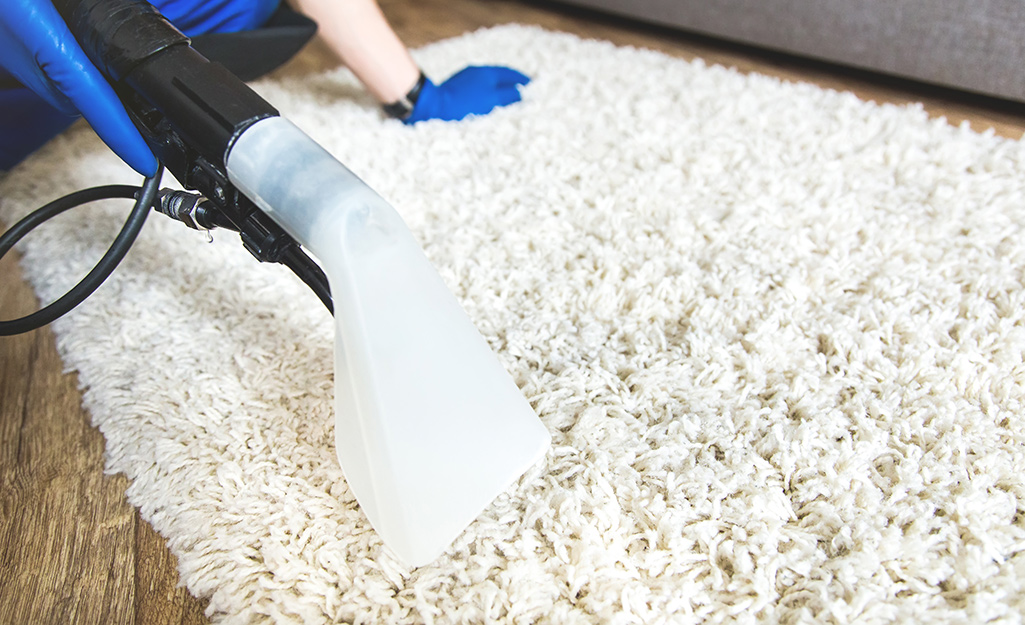06 September 2024
What Types of Germs Accumulate in Office Spaces and Why Office Cleaning is Important?
Any office requires regular, thorough, deep cleaning to keep it safe and sparkling. Some places in an office space require extra cleaning since they’re more dirty and grimy than other areas. Studies have shown that office desks are among the dirtiest places in offices, even more so than door handles, toilets, and lift buttons. Hence, regular cleaning becomes of utmost importance. This post will discuss the types of germs that usually accumulate in office spaces and why office cleaning is so important.
Germs in Your Office
Germs are invisible and can only be sensed once they have bloomed into a whole ecosystem. Though invisible, they are active and harmful. These species are as diverse as those found in rainforests. Viruses, bacteria, and fungi thrive in office spaces, especially on high-touch surfaces. Hence, services that offer office cleaning in Melbourne play an important role in deep cleaning office spaces. Let us see the types of germs usually found in office spaces and why it is important to deep clean them.
Bacteria: These microorganisms come in all shapes and sizes, and they are usually totally harmless. However, not all bacteria are good since certain strains can cause nasty infections and illnesses. These strains can get into our bodies in many ways, through airways, mouths and eyes. The most common bacterial strains in office spaces are Staphylococcus aureus, Streptococcus species, and Escherichia coli. The common risks of these species are skin, throat and gastrointestinal infections.
Kitchen areas and toilets can spread bad bacteria like E. coli and Salmonella, which infect our intestines and cause symptoms ranging from mild stomach upset to severe illnesses. Staph infections tend to affect the skin, eyes, and open areas. Though treatable, they are uncomfortable and can lead to serious conditions like blood poisoning and toxic shock.
Viruses: Viruses enter our bodies similar to bacteria. In office environments, viruses can spread rapidly through contact with contaminated surfaces, close contact with others, and airways. Influenza virus, rhinovirus, and norovirus are the most common viruses found in office spaces. These cause gastrointestinal infections.
Fungi: Though less common, fungi can still find their way into office environments, especially in areas with humility and poor ventilation, like kitchens, toilets, ceiling tiles, air conditioning ducts, and carpets. One of the most significant risks is mould, which can harm especially those with compromised immune systems and asthma. Inhaling fungal spores can lead to life-threatening reactions. Skin and nail infections are also issues that may arise due to fungi.
Regular Office Cleaning
Keep in mind that creating and maintaining a germ-free workspace requires more than just cleaning. Regular office cleaning schedules are essential for maintaining a clean and hygienic office. You need to get deep office cleaning at the right intervals.
Using disinfectants is crucial for getting rid of germs on surfaces and high-touch areas. Make sure to use disinfectants with proven efficacy against a broad spectrum of pathogens. Also, ensure that the cleaning services focus on desks, phones, keyboards, and shared equipment.
To Conclude
So, it is essential to beat the bugs with professional office cleaning services and keep your office space germ-free. Regular deep cleaning can keep your office space germ-free, safe, and in its best form.
Faetured Image Source: https://media.istockphoto.com/id/518586238/photo/commercial-cleaning-contractors.jpg?b=1&s=612×612&w=0&k=20&c=uxyuf7cnTS5AxJWpF0MirOHZqn8J6bCNX-Wsq-vF8qY=

